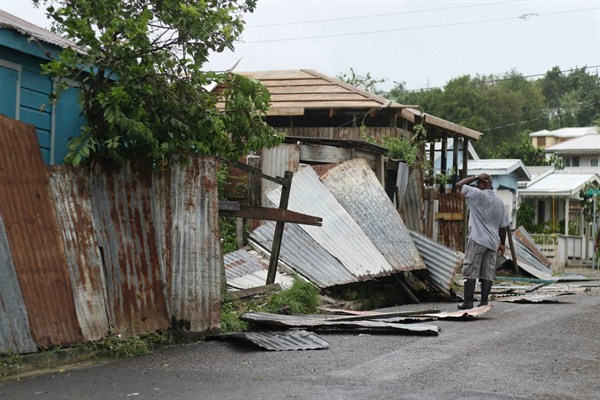On March 21, the Caribbean nation of Antigua and Barbuda held snap elections less than a month after they had been called by Prime Minister Gaston Browne, and 18 months before the constitution required them. Browne’s Antigua and Barbuda Labor Party routed the opposition, paving the way for the prime minister to continue with an ambitious reform program that aims to turn Antigua and Barbuda into an “economic powerhouse in the Caribbean.” The election also overturned a centuries-old communal land ownership system on Barbuda, opening the door to private ownership and development on an island that was devastated by Hurricane Irma last September. In an email interview, Paget Henry, a professor of sociology and Africana studies at Brown University specializing in Caribbean political economy, discusses the snap elections, the issues at stake, and whether Browne can fulfill his economic promises.
WPR: What prompted Prime Minister Gaston Browne to call for snap elections?
Paget Henry: The stated reason for calling snap elections was ensuring economic stability and continuity. Yet there were two other probable factors behind Browne’s decision. The first and most obvious advantage to snap elections was to exploit the split in the opposition United Progressive Party, or UPP. After the departure of its former leader and prime minister, Baldwin Spencer, following an election loss in 2014, the UPP was mired in a very open leadership fight that split the party between its current leader, Harold Lovell, and his rival, Joanne Massiah. In 2017, Massiah and a few others left the UPP and formed the National Democratic Alliance, which has never really garnered a substantial electoral base.

